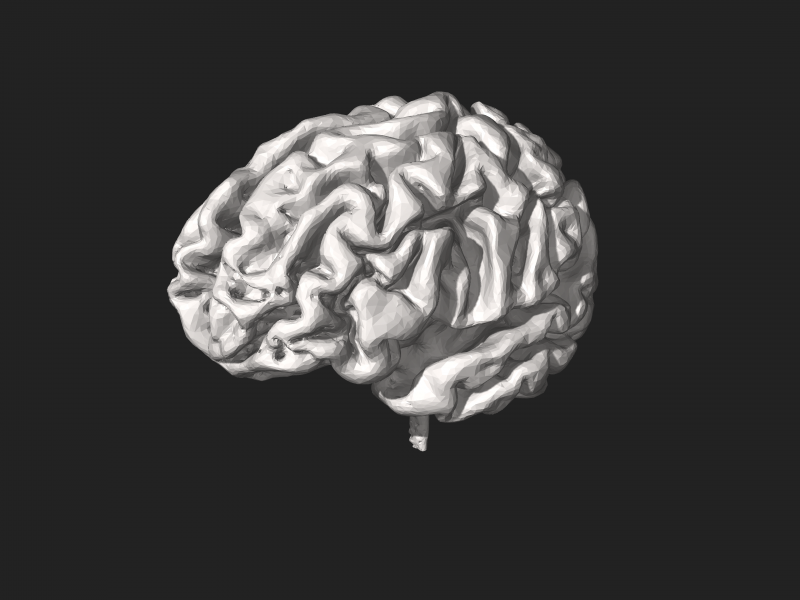By Sophie Arthur
November 12, 2019
Time to read: 3 minutes
People exposed to a lifetime of psychosocial adversity may have an impaired ability to produce the dopamine levels needed for coping with acutely stressful situations.

These findings, published on November 12 in eLife, may help explain why long-term exposure to psychological trauma and abuse increases the risk of mental illness and addiction.
“We already know that chronic psychosocial adversity can induce vulnerability to mental illnesses such as schizophrenia and depression,” explains lead author Michael Bloomfield, Excellence Fellow and leader of the Translational Psychiatry Research Group at University College London, UK. “What we’re missing is a precise mechanistic understanding of how this risk is increased.”
To address this question, Bloomfield and his colleagues used an imaging technique called positron emission tomography (PET) to compare the production of dopamine in 34 volunteers exposed to an acute stress. Half of the participants had a high lifetime exposure to psychosocial stress, while the other half had low exposure. All of them undertook the Montréal Imaging Stress Task, which involved receiving criticism as they tried to complete mental arithmetic.
Two hours after this stress task, the participants were injected with small amounts of a radioactive tracer that allowed the scientists to view dopamine production in their brains using PET. The scans revealed that in those with low exposure to chronic adversity, dopamine production was proportional to the degree of threat that the person perceived.
In people with high exposure to chronic adversity, however, the perception of threat was exaggerated whilst their production of dopamine was impaired. The researchers found that other physiological responses to stress were also dampened in this group. For example, their blood pressure and cortisol levels did not increase as much as in the low-adversity group in response to stress.
“This study can’t prove that chronic psychosocial stress is causing mental illness or substance abuse later in life by lowering dopamine levels,” Bloomfield cautions. “But we have provided a plausible mechanism for how chronic stress may increase the risk of mental illnesses by altering the brain’s dopamine system.”
“Further work is now needed to better understand how changes in the dopamine system caused by adversity can lead to vulnerability towards mental illnesses and addiction,” adds senior author Oliver Howes, Professor of Molecular Psychiatry at King’s College London and Head of the Psychiatric Imaging group at the MRC LMS.
‘The effects of psychosocial stress on dopaminergic function and the acute stress response’ was published in eLife on 12 November. Read the full article here.